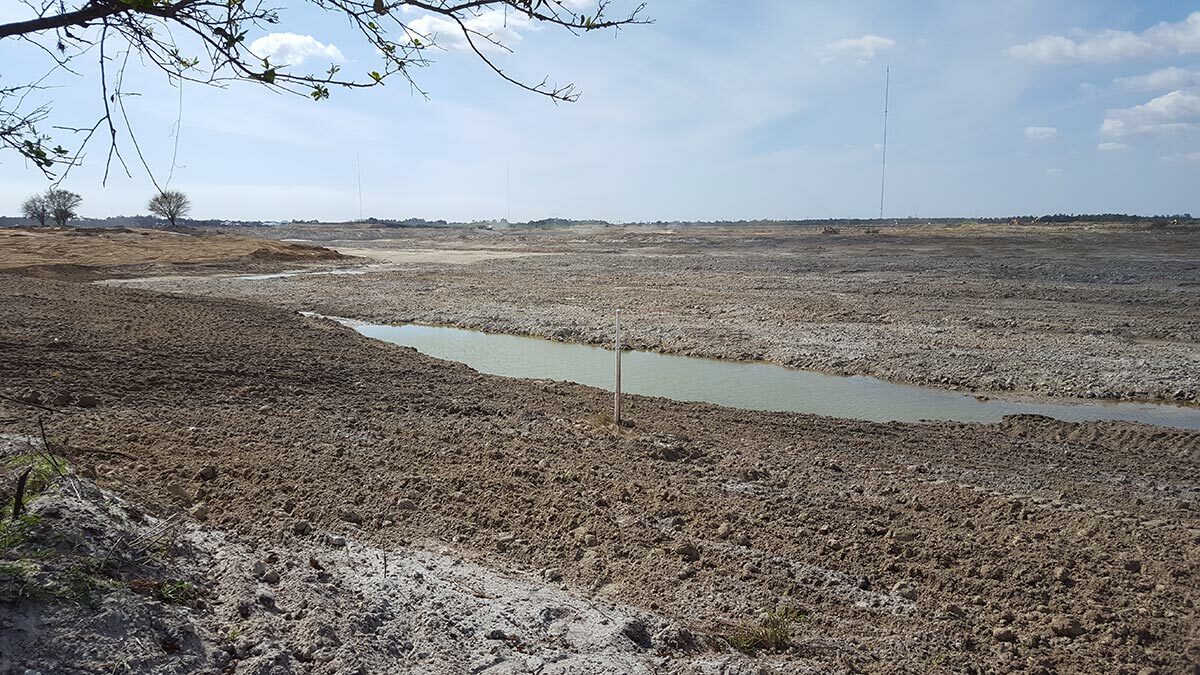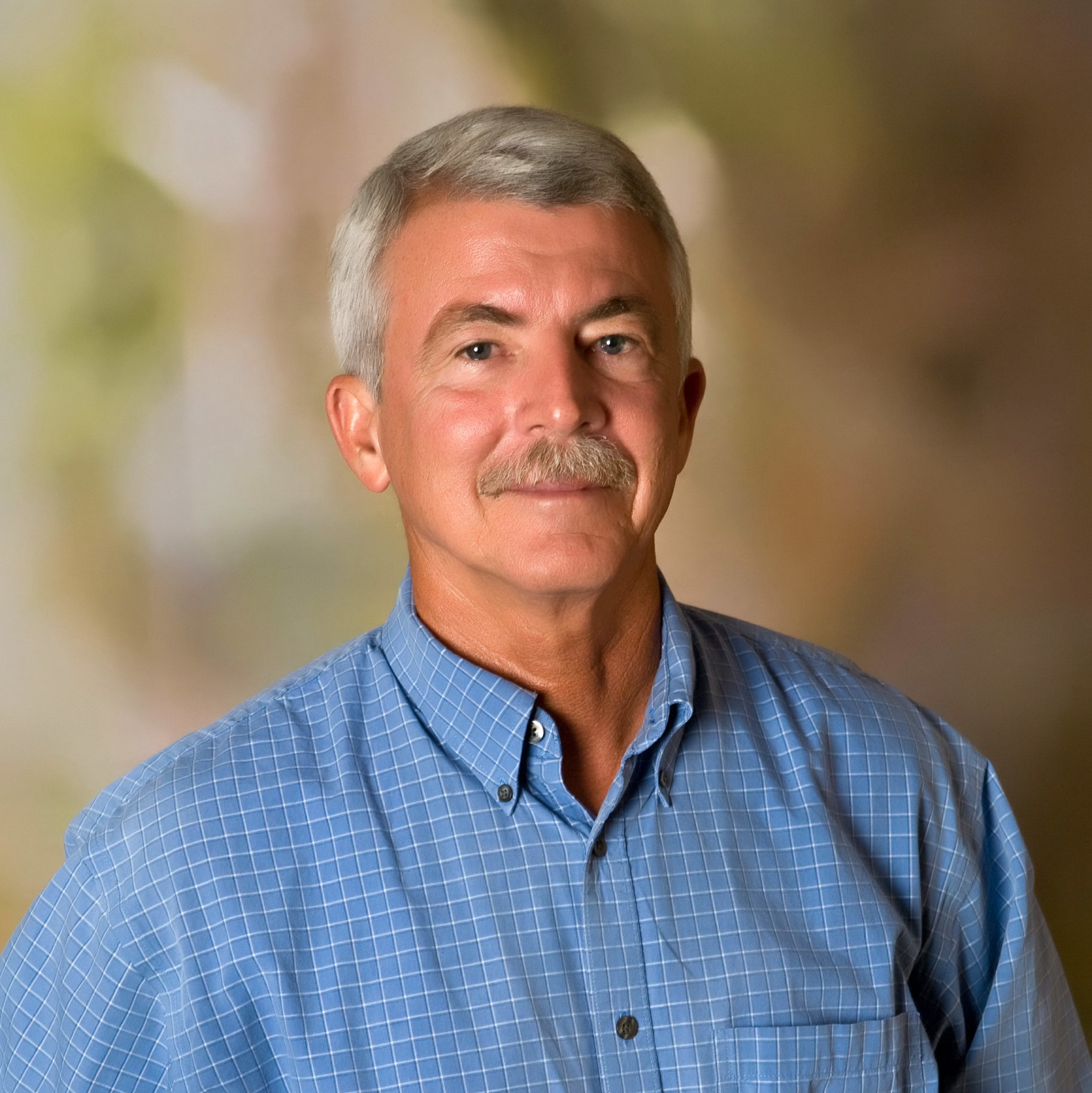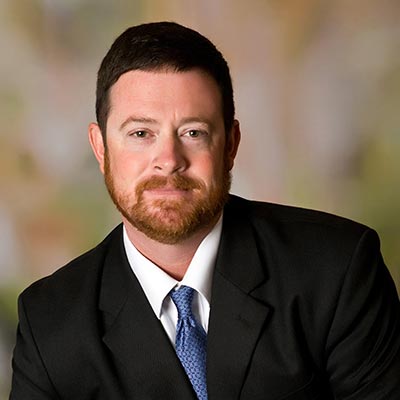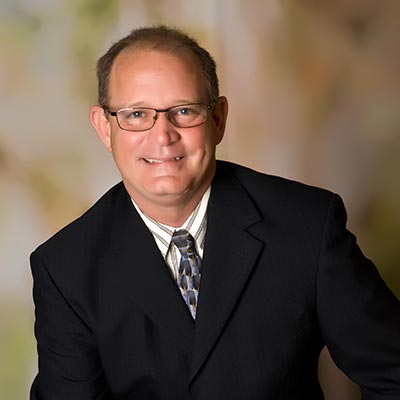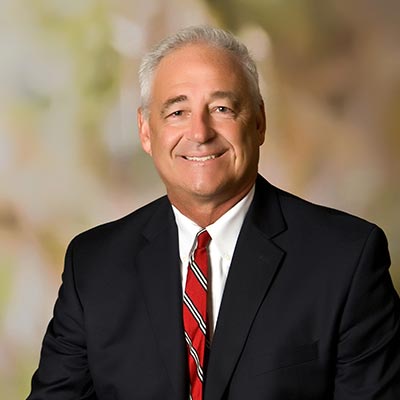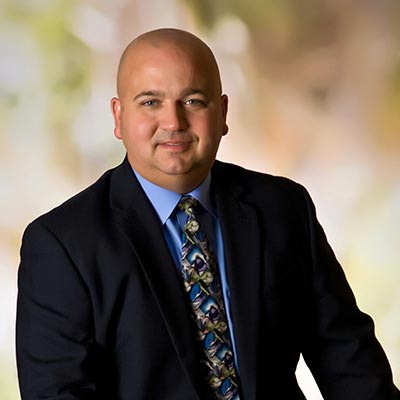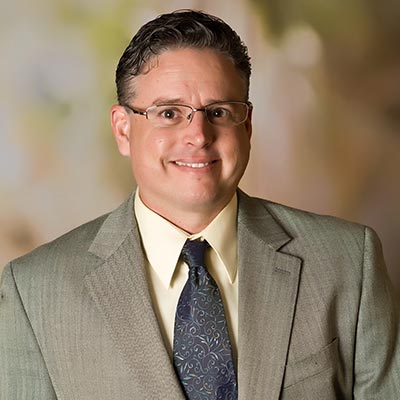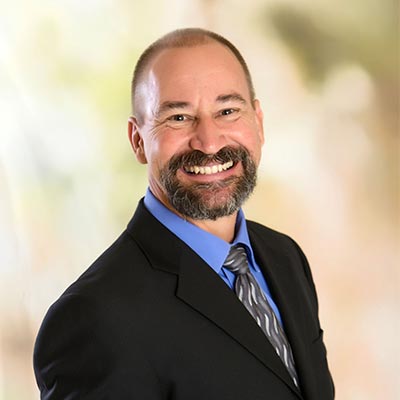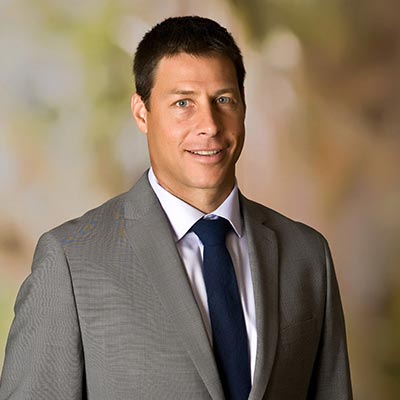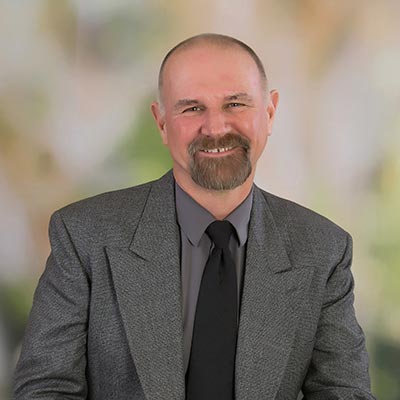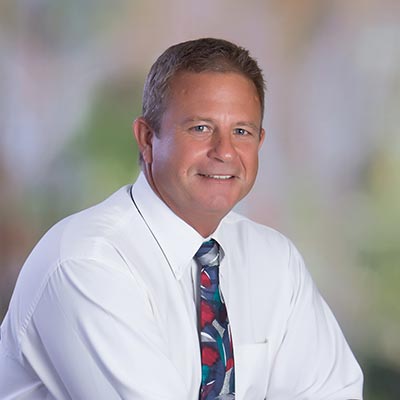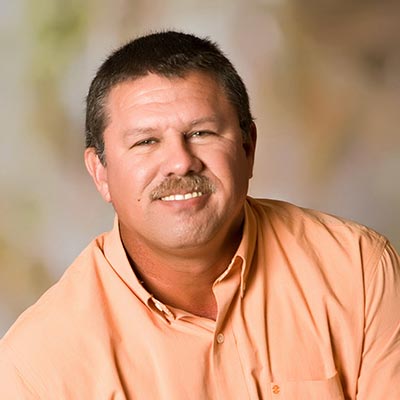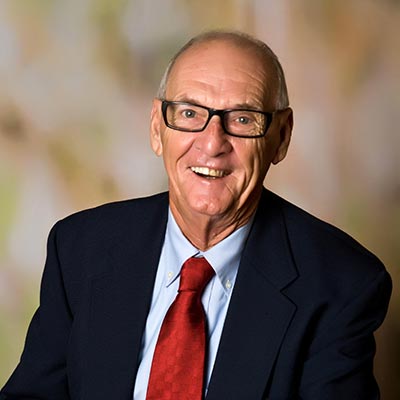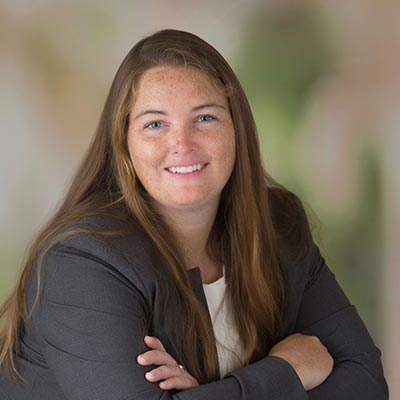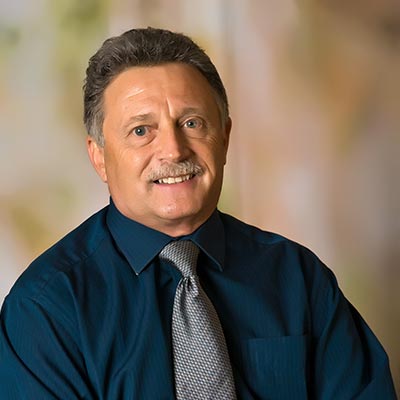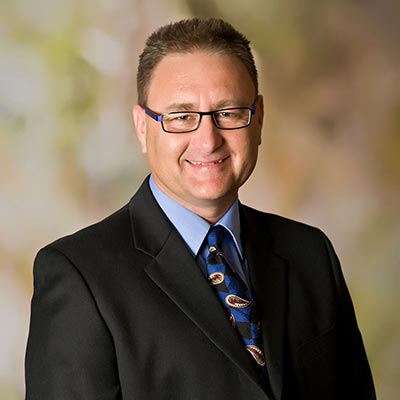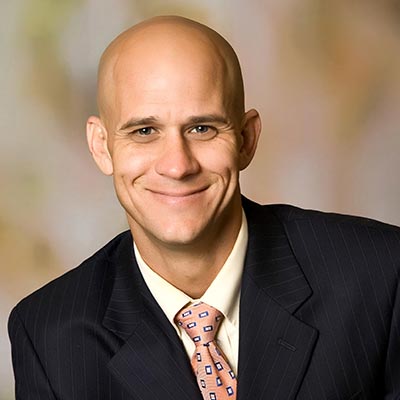It’s a bouncing baby…pine rockland?!? That’s right, Johnson Engineering is the proud adoptive parent of the Seminole Wayside Park. We have taken this 30-acre picnic area and nature preserve of pine rockland and transitional rockland hammock plant communities under our wing and plan to restore it over the next year using grant funding obtained by our ecologists.
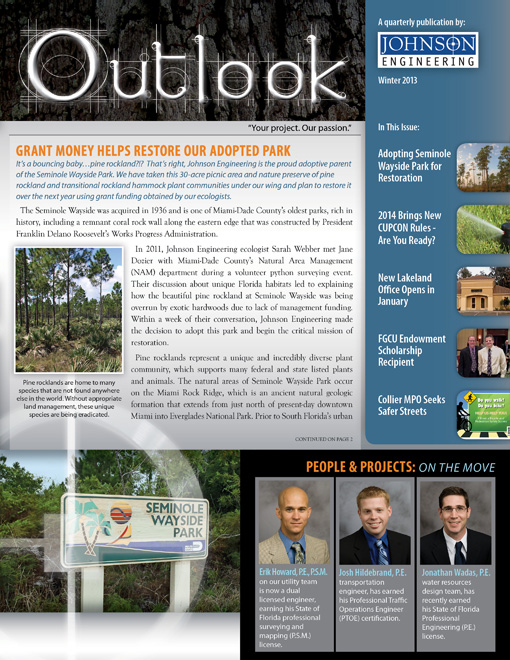
The Seminole Wayside was acquired in 1936 and is one of Miami-Dade County’s oldest parks, rich in history, including a remnant coral rock wall along the eastern edge that was constructed by President Franklin Delano Roosevelt’s Works Progress Administration.
In 2011, Johnson Engineering ecologist Sarah Webber met Jane Dozier with Miami-Dade County’s Natural Area Management (NAM) department during a volunteer python surveying event. Their discussion about unique Florida habitats led to explaining how the beautiful pine rockland at Seminole Wayside was being overrun by exotic hardwoods due to lack of management funding. Within a week of their conversation, Johnson Engineering made the decision to adopt this park and begin the critical mission of restoration.
Pine rocklands represent a unique and incredibly diverse plant community, which supports many federal and state listed plants and animals. The natural areas of Seminole Wayside Park occur on the Miami Rock Ridge, which is an ancient natural geologic formation that extends from just north of present-day downtown Miami into Everglades National Park. Prior to South Florida’s urban development, over 185,000 acres of pine rockland existed along the Miami Rock Ridge. Today only about 1,600 acres remain in public ownership outside of Everglades National Park, making preservation and management of these areas ever more critical.
These unique communities are designated as critically globally imperiled and are home to many endemic species, meaning these species do not occur anywhere else in the world. Similar to pine rockland habitats, rockland hammocks are also designated globally imperiled, and once occupied approximately 7% of the rock ridge; today only 670 acres remain in county preserves.
The 1,600-acres of pine rockland habitat remaining in Miami-Dade County, is composed by hundreds of small habitat fragments, of which the average size is only 12.1 acres. Therefore, the Seminole Wayside represents a significantly sized pine rockland at 27-acres. Previous surveys of the park documented 27 rare, threatened, or endangered plant species. Federally listed species observed on the property include the federally endangered Small’s milkpea, as well as federal candidate species the pineland sandmat, and the Florida brickell-bush. Of the 27 protected plant species documented within the Seminole Wayside, nine species are endemic, occurring only in the pine rocklands of Southeast Florida and nowhere else on the planet.
Pine rocklands and associated habitats are fire dependent communities. In the absence of fire, these habitats can become overgrown choking out many of the unique plants. Unfortunately, due to the economic downturn and budget cuts the County has had no money for land management activities within the park since 2006. As a result, many exotic and native hardwoods have started encroaching on the native areas. The overgrowth and central urban location has also resulted in homeless inhabitants, which has in turn caused the surrounding residential community to view the park negatively.
Over the past year and a half, Johnson Engineering has been busy writing grant proposals to help kick start the habitat restoration efforts and increase community involvement in the park’s restoration. Early this summer, we were notified that we received a three-year grant through the Florida Forest Service’s Endangered and Threatened Plant Conservation Program, in addition to another grant through Florida Fish and Wildlife Conservation Commission’s (FWC) Invasive Plant Management Section. The FWC grant will provide a much needed initial invasive plant treatment including invasive hardwood removal from the site. We will then be able to maximize the benefits from this grant through the Forest Service’s grant, which will allow for maintenance treatments, prescribed burns, and supplemental planting, as well as development of educational literature and community outreach events to help increase community support of the park. Johnson Engineering will be providing matching contributions for the grant in the form of in-house surveying, delineating habitat boundaries to monitor and prevent hardwood encroachment, maintenance treatments, and hundreds of volunteer hours and grant writing.
Together with the County, FWC, Forest Service, U.S. Fish and Wildlife Service, as well as many other important partners, Johnson Engineering is hoping to restore the critically imperiled habitat over the next year and turn around community support for the Seminole Wayside Park by this time next year.
For more information, contact Sarah Webber at [email protected].


